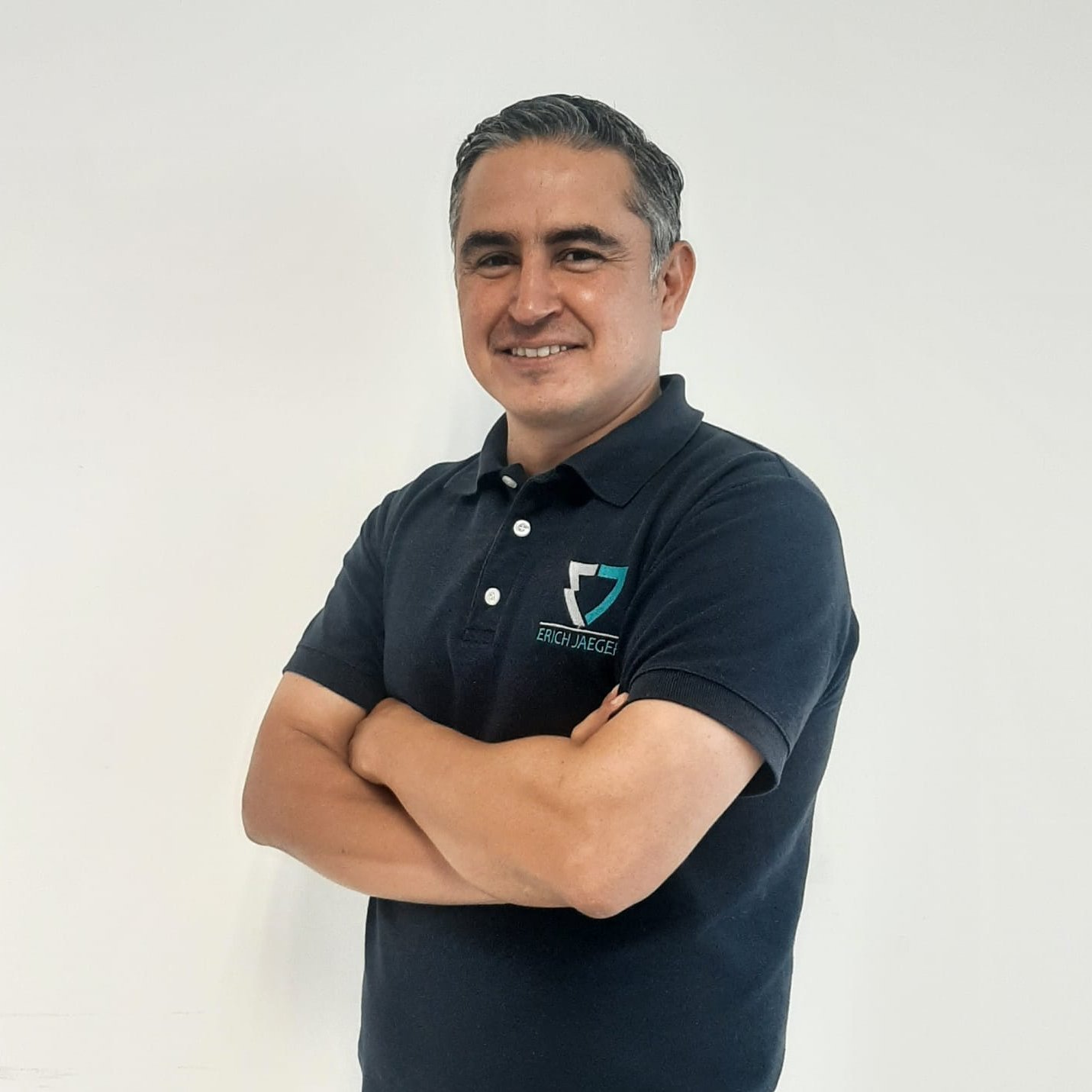
How and when did you get to ERICH JAEGER?
Very simple: by knocking on doors. I appeared at the front door and introduced myself because I knew that ERICH JAEGER was settling in Piedras Negras, Mexico. I applied for a job as Strategic Purchasing Officer.
Which profession did you learn before you started at ERICH JAEGER?
I have a major in International Relations and a minor in Foreign Trade. So, I knew I would be somehow related to either Sales or Purchasing. As soon as I graduated, I started working for a chemical company and I was responsible for the sales in Latin America and the Caribbean. Then I moved over to Piedras Negras and switched to the automotive industry, and ever since I have been here. Before coming to ERICH JAEGER, I was working as a materials planner for another company in the automotive industry.
Why the automotive industry?
It is a predominant industry here in Piedras, and I am from Piedras Negras. It is a very dynamic and fast-moving industry. Everything happens at a different pace as opposed to the chemical industry, for example. I feel very comfortable with this dynamic work atmosphere.
You are the head of the Strategic Purchasing Department. What are your responsibilities and biggest challenges?
The number one task is to acquire all the materials you need, and there are certain rules that you need to apply. One of the most important rules is to find the materials at a comparably low price by respecting the necessary qualifications and the required quality. Amongst these rules, we need to follow IATF 16949 and ISO 9001. This makes the selection of the suppliers thinner. Not everyone is certified and willing to provide a product with the quality that needs to be applied. It is challenging, but at the same time very rewarding once the right supplier is found. Another big challenge is the comparison of price. The prices for certain materials are different depending on the country or region. We have requirements from our customers that we need to fulfill as we have a price level that we need to respect and that’s what makes the work really challenging. But we are not alone. We are a global company and thankfully we have colleagues working all over the world that support each other. And I have seen that support among our fellow co-workers especially in the purchasing department.
What does international cooperation among the ERICH JAEGER subsidiaries look like?
We support each other contacting suppliers that are located in our area. For example, if the Czech Republic needs a certain material from a company whose manufacturer is close by, we reach out to them to request the material and store it temporarily at our facilities. We have the same agreement with China. They acquire the material on their own facility and from there we organize the transport to our branch. To handle that alone would be a complicated task. You can imagine the language barrier or the time difference. So, luckily, we can rely on the support of our sister companies. This is what makes work run smoothly.
What did you learn during your international exchange and from the teamwork at your expatriate assignment in the German subsidiary?
A key factor that helps any individual to acquire a higher degree of awareness, is to work shoulder to shoulder with colleagues; especially if this interaction takes part in an international exchange context.
Which soft and hard skills can be expected when working in the Purchasing Department?
The job gets really technical when it comes to conforming to rules and standards. We have global processes and procedures that have been created within the company to manufacture our end products in terms of what and how we purchase. The regulations are very demanding, sometimes frustrating, and time-consuming. Keeping in mind these regulations is part of the responsibilities of working in the purchasing department. In terms of soft skills, good project management is very important. You need to align to the project leader and how they are implementingevery step of the project in order to meet goals. Negotiating and interpersonal skills are essential too. In the end, it all boils down to personal relationships, especially the ones with our suppliers. We are people, not robots. We are sensitive to how we communicate to each other, how you say things and ask for things. All this matters a lot.
What are your most important lessons learned?
Always learn from your suppliers. Always pay attention and listen closely to them, they might have the answers you are looking for. Maybe they don’t have the cable or material you need but they might know who else produces it, and they can take you to that person.
What is your advice for young professionals who are at the beginning of their career?
Knock on doors, look for answers and you will find them. You cannot start a position and know everything right away. It takes a while to navigate the system and processes. You will have to ask many questions, so don’t be shy to ask them.


